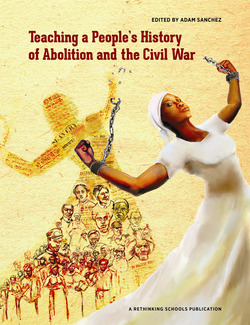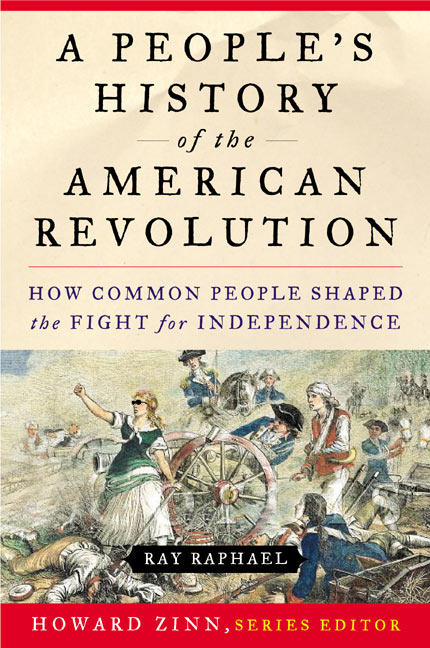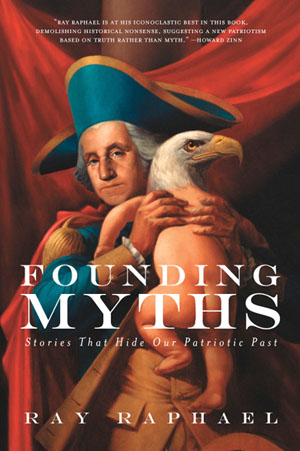[Andrew Jackson] who claims to be for the little people, for the ordinary man, let’s say, but really represents a kind of an aggrieved whiteness that is demanding the protection of white men’s ability to use violence to get what they want. This particular political archetype, you know, really resonates repeatedly throughout U.S. history. And we see it for the first time in the 1830s. — Episode 3: The Cotton Empire
This excerpt from Episode 3 of The Land That Never Has Been Yet is just one of many that challenge the traditional narrative about U.S. presidents and their legacy today.
The Land That Never Has Been Yet, the latest Scene on Radio podcast series by John Biewen and Chenjerai Kumanyika, calls into question the United States’ claim to democracy. The first four episodes explore our country’s founding period — and those too-often glorified events and documents, like the Revolution and the Constitution — showing their fundamentally antidemocratic nature.
The series suggests from the outset that the liberal narrative of “perfectibility” or “inclusion,” where the U.S. system of governance improves over time as more and more groups — poor people, people of color, women — get included in U.S. political life, is flawed.
What if the original system cannot, despite tinkering and amending, create a democratic and just society? What if the country’s very origins mean it cannot be redeemed?
To help explore these questions, the series interviews thought-provoking scholars including Davy Arch, Barbara Duncan, Rob Shenk, Robin Alario, Edward Baptist, Woody Holton, Kidada Williams, Keri Leigh Merritt, and Price Thomas.
Many teachers are already using the Scene on Radio Seeing White podcast series in their classrooms to teach about the history of white supremacy; we hope they add The Land That Never Has Been Yet to their lesson plans when teaching early U.S. history and civics.











Twitter
Google plus
LinkedIn